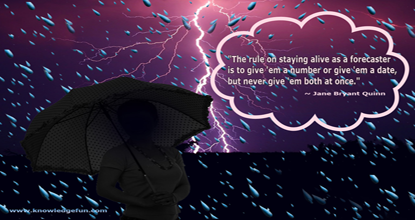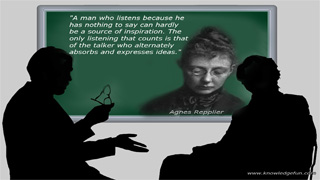"When the hidden power which animates the universe, formed the globe which man inhabits, he implanted in the beings composing it, essential properties which became the law of their individual motion, the bond of their reciprocal relations, the cause of the harmony of the whole; he thereby established a regular order of causes and effects, of principles and consequences, which, under an appearance of chance, governs the universe, and maintains the equilibrium of the world. Thus, he gave to fire, motion and activity; to air, elasticity; weight and density to matter; he made air lighter than water, metal heavier than earth, wood less cohesive than steel; he decreed flame to ascend, stones to fall, plants to vegetate; to man, who was to be exposed to the action of so many different beings, and still to preserve his frail life, he gave the faculty of sensation. By this faculty all action hurtful to his existence gives him a feeling of pain and evil, and all which is salutary, of pleasure and happiness. By these sensations, man, sometimes averted from that which wounds his senses, sometimes allured towards that which soothes them, has been obliged to cherish and preserve his own life; thus, self-love, the desire of happiness, aversion to pain, become the essential and primary laws imposed on man by nature herself—the laws which the directing power, whatever it be, has established for his government—and which laws, like those of motion in the physical world, are the simple and fruitful principle of whatever happens in the moral world."
~ Constantin Francois de Volney







